Think hackers only go after big corporations? Think again. Cybercrime is rising, and regular people like you and me are prime targets. From phishing emails to stolen passwords, a single slip-up can cost you your money, privacy, or even your identity.
The good news? Staying safe online doesn’t have to be complicated. Here are 7 easy cybersecurity habits you should start in 2025 to protect yourself, your data, and your devices.
1. Use a Password Manager
Reusing passwords across sites is a hacker’s dream. Tools like Bitwarden or LastPass generate strong, unique passwords for each account — and remember them so you don’t have to.
Quick Tip:
Create one strong master password you’ll actually remember.
Turn on multi-factor authentication (MFA) for your password manager account.
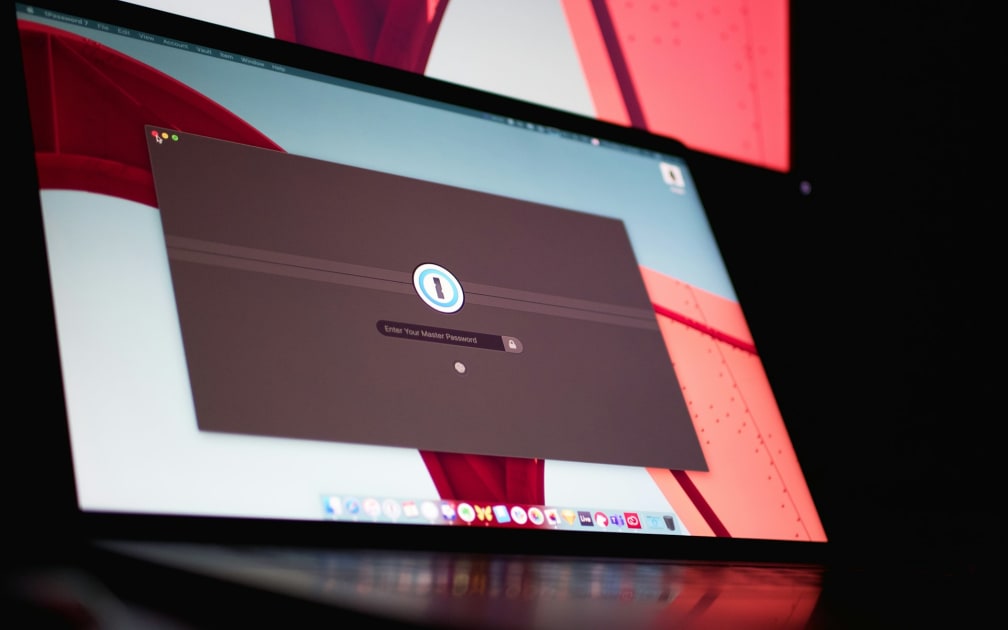
2. Turn On Multi-Factor Authentication Everywhere
Adding a second layer of protection — like a text code or app-based token — makes it exponentially harder for hackers to break into your accounts, even if they steal your password.
Where to use it:
Email
Social media
Banking apps
Cloud storage accounts
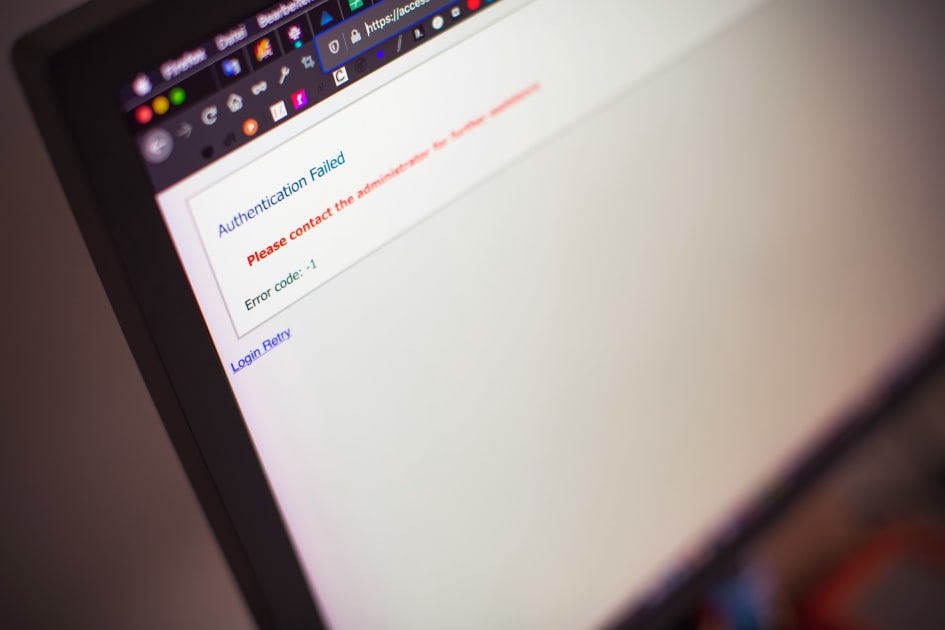
3. Keep Your Software Updated
Those annoying “update now” pop-ups exist for a reason: they patch security holes hackers love to exploit.
Quick Tip:
Turn on automatic updates for your operating system, browsers, and apps.
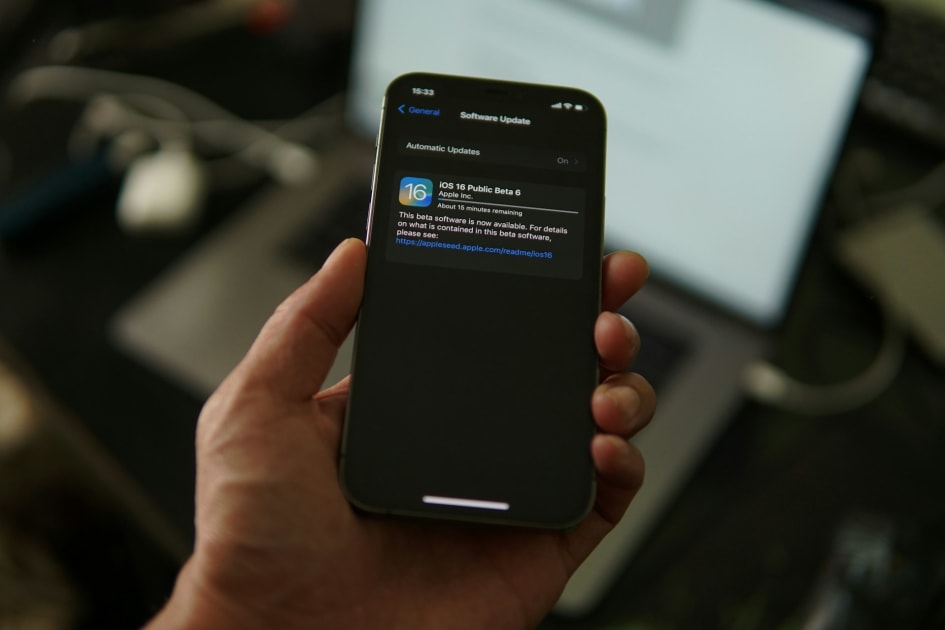
4. Watch Out for Phishing Emails
Scammers are getting smarter at crafting emails that look legit. Hover over links before clicking, and always question urgent requests for personal information.
Red flags include:
Typos or weird grammar
Pressure to act “right now”
Requests for sensitive info (passwords, bank details)

5. Secure Your Wi-Fi
An unsecured Wi-Fi network is like leaving your front door open. Change the default router password and choose a strong, unique Wi-Fi password.
Bonus Tip:
Hide your network’s SSID so it doesn’t appear on the list of available networks.
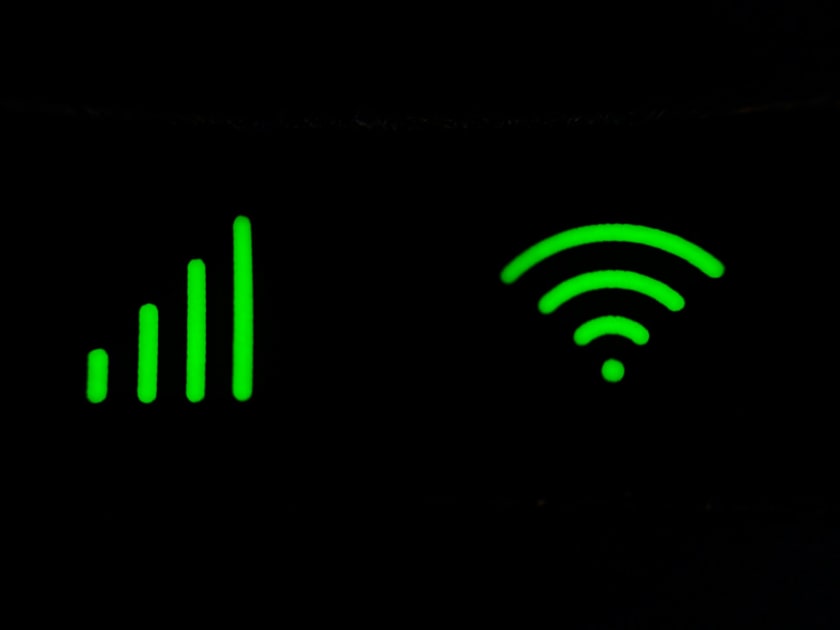
6. Back Up Your Data Regularly
Ransomware and hardware failures happen. Don’t wait until disaster strikes to think about backups.
Best practice:
Keep at least two backups: one in the cloud and one on an external hard drive.
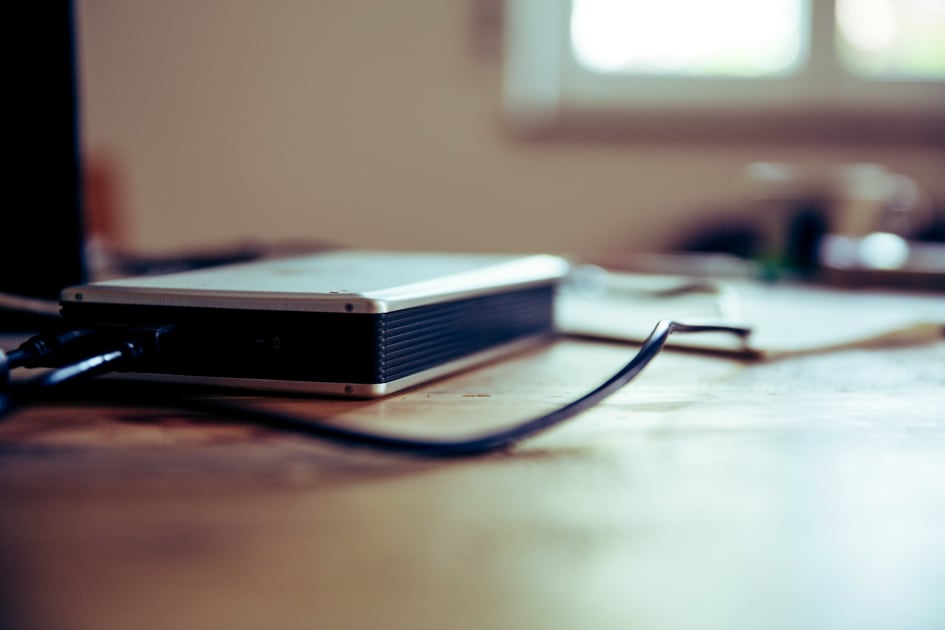
7. Limit What You Share on Social Media
Hackers can piece together personal details (like your birthday, kids’ names, or travel plans) to guess passwords or answer security questions.
Smart habits:
Avoid posting personal info publicly.
Check your privacy settings regularly.
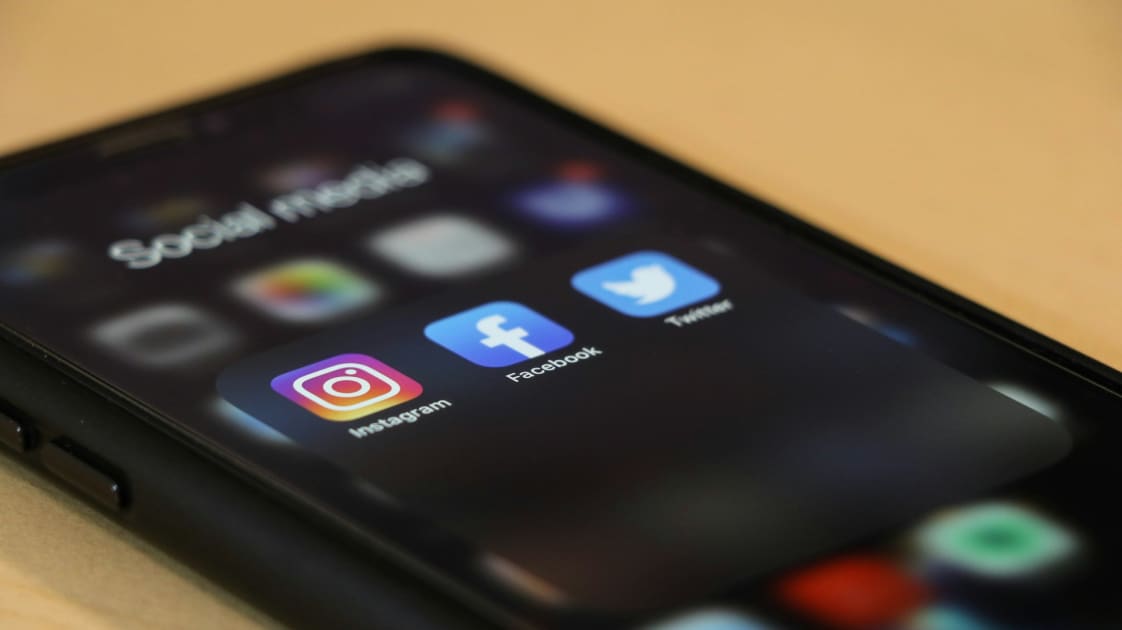
8. Avoid Public Wi-Fi Without a Password
Free Wi-Fi at cafes, airports, or hotels might feel convenient — but it’s a playground for hackers. Open networks without a password mean anyone nearby can potentially snoop on your activity, steal login details, or inject malware into your browsing session.
Smart alternatives:
Use your mobile hotspot instead.
Connect through a trusted VPN service if you must use public Wi-Fi.
Never access sensitive accounts (like online banking) on open networks.
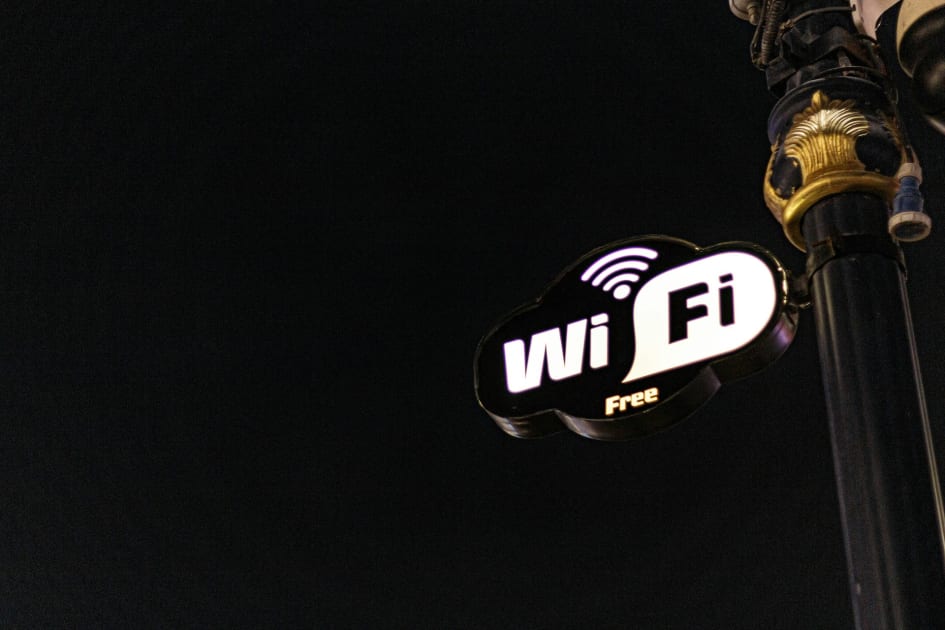
Cybersecurity might sound technical, but it boils down to a few smart habits. By taking small steps — like updating software, using a password manager, and being skeptical of fishy emails — you can stay safe online and keep your personal information out of the wrong hands.
2025 will bring even more digital conveniences — don’t let cybercriminals crash the party!






